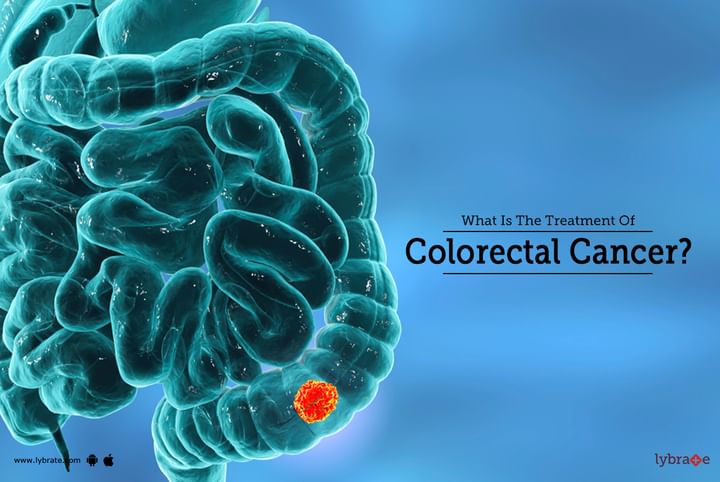What Is The Treatment Of Colorectal Cancer?
Colorectal cancer, commonly referred to as bowel cancer, colon cancer or rectal cancer is the type of cancer developed in the colon or rectum i.e parts of the large intestine. Common signs and symptoms include bloody stool, irregularity in bowel movements, fatigue, and weight loss. Old age and inappropriate lifestyle being the common causative factors, its occurrence may also be linked to genetic causes in a few cases. Related risk factors include obesity, smoking, diet, less physical activities, some physiological disorders including Crohn’s disease, Ulcerative colitis etc. Initiating as a benign tumor in the form of a polyp, it gradually turns cancerous.
Following a proper diagnosis, which is done through various screening and diagnostic procedures, a treatment plan is made under the supervision of a multidisciplinary team. This team often consists of a surgeon, medical oncologist, radiation oncologist, and gastroenterologist who work together to execute the patient’s overall treatment strategy. The treatment plan or strategy comprises different types of treatments pertaining to different specialties.
Depending upon various factors including cancer’s stage, size, and location of tumors, recurrent or non-recurrent nature of cancer, and patients overall health status, the following treatment methods are best considered in all possible conditions :
-
Surgery - This is the primary treatment method mainly indicated in the early stages of colorectal cancer. It involves the complete removal of cancerous tissue including tumors or affected lymph nodes, thus preventing the spread of cancer.
-
Chemotherapy - This involves the application of certain chemotherapeutic drugs which attack cancerous cells throughout the body and destroy them. It is indicated in the early as well as later stages of colorectal cancer.
Chemotherapy is associated with major side effects in the body during and post-treatment since it invades both cancerous and healthy body cells.
-
Targeted therapy - This method basically involves the application of certain drugs that prevent or slow down the growth and spread of cancerous cells. It targets only specific proteins, thus showing less severe side-effects as compared to chemotherapy.
-
Immunotherapy - This involves specific drug treatment which enables the body’s immune system to detect and then eliminate cancerous cells present at particular sites. It is associated with major side effects including autoimmune reactions, accompanied by invasion of the body’s own cells.
-
Radiation therapy - This method has the involvement of a high-energy radiation beam which effectively destroys cancerous cells, thus preventing their growth and multiplication. It may be recommended either prior to surgery to help shrink the tumor or alongside chemotherapy through a chemoradiation approach.
Radiation therapy is associated with certain side effects which may be long-term as well as short-term.
-
Palliative care - In case colorectal cancer has progressed to stage 4 or end-stage, the cancerous cells have already invaded the organs beyond the colon. In this stage, it becomes incurable. Such conditions are accompanied by palliative care which mainly includes :
-
Surgery to remove a blockage
-
Relieving the symptomatic pain
-
Reducing the size of the tumors by radiation- or chemotherapy
-
Treating or minimizing the side effects of medications
-
Proper counseling of the patient



+1.svg)
